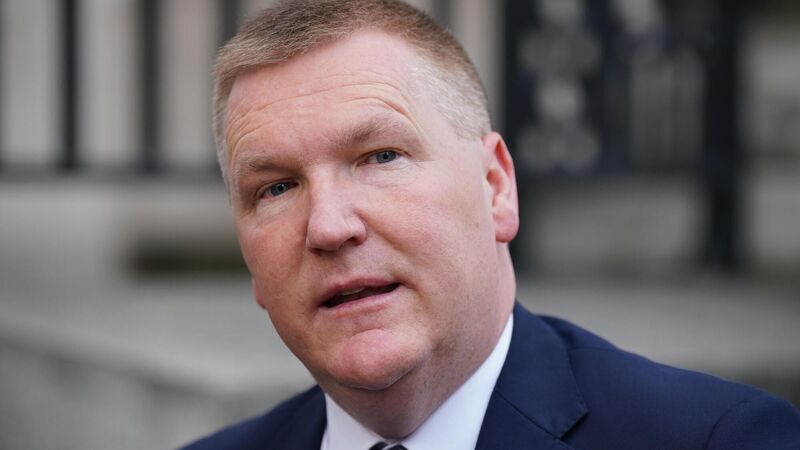Multi-billion euro package of one-off budget measures likely amid record €47.8bn tax receipts

Finance Minister Michael McGrath said that, overall, tax revenue now stands more than €4bn ahead of last year. Picture: Alan Hamilton
The Government is examining a multi-billion euro package of one-off measures for families and businesses in the upcoming budget as the State continues to take in record tax revenue.
The latest Exchequer figures show that tax receipts to the end of July were €47.8bn, up by €4.3bn, or 10% on last year, driven by strong income tax, VAT, and corporation tax receipts.














